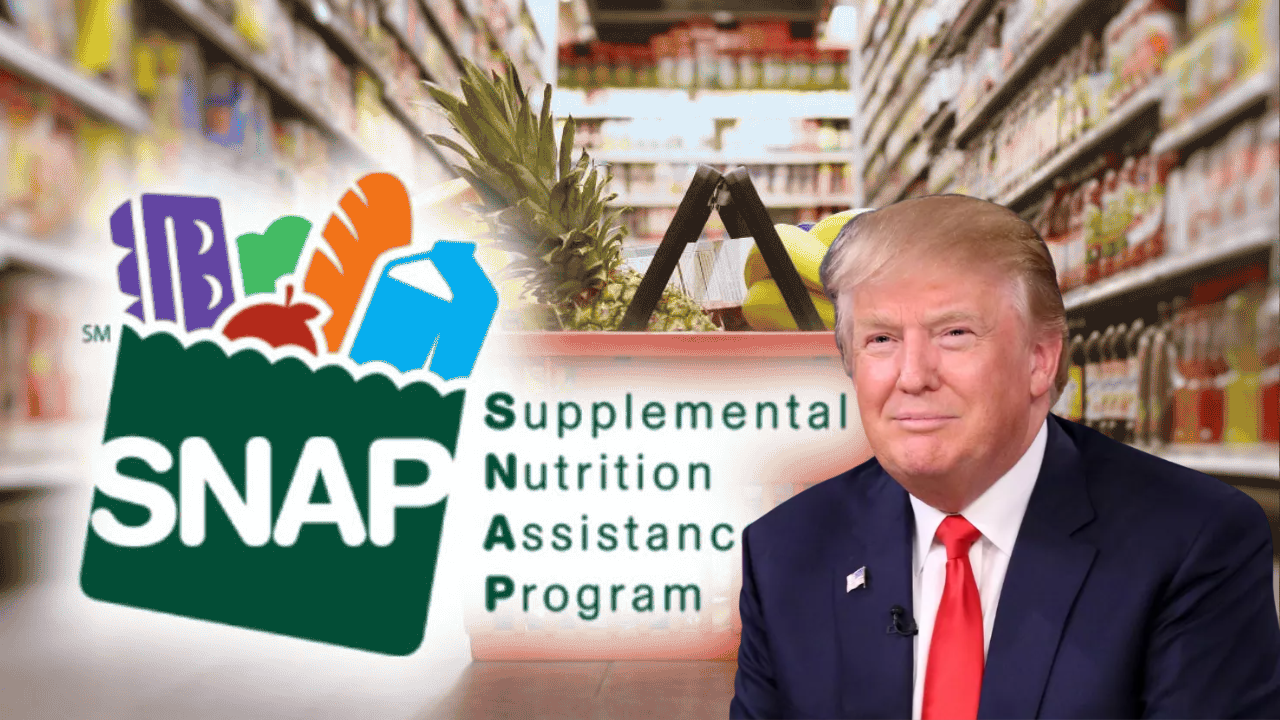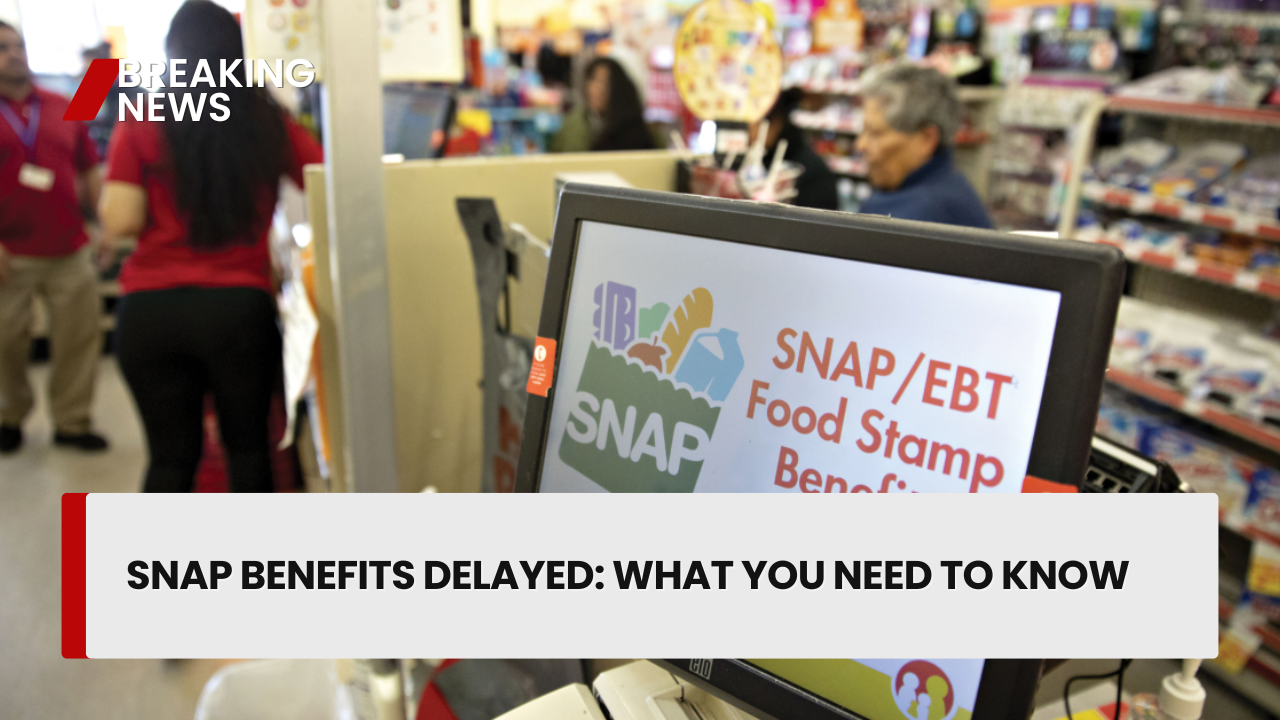Starting November 1, 2025, the U.S. Department of Agriculture (USDA) officially begins enforcing long-standing work requirements for adults receiving food aid under the Supplemental Nutrition Assistance Program (SNAP). While these rules have existed for decades, they were largely paused during the pandemic. Now, hundreds of thousands of Americans are seeing those time limits return — and with them, new challenges.
What’s Changing Under the New SNAP Work Rules
The changes affect Able-Bodied Adults Without Dependents (ABAWDs) — typically individuals aged 18 to 64 who do not have children in their household. Under federal law (7 U.S.C. § 2015(o)), ABAWDs may receive only three months of SNAP benefits in any 36-month period unless they meet the minimum work requirement of 80 hours per month or participate in a qualifying job training or workfare program.
During the COVID-19 emergency, these limits were suspended nationwide. But now, under directives connected to the One Big Beautiful Bill Act (OBBBA), states are required to resume full enforcement.
Key Details of the Rule
| Category | Requirement/Status |
|---|---|
| Age Range | 18–64 |
| Minimum Work or Training Hours | 80 per month |
| Benefit Limit Without Work | 3 months within a 36-month window |
| Key Exemptions | Pregnant, disabled, homeless, veterans, caregivers |
| Enforcement Date | November 1, 2025 |
| State Exemption Cap | 12% of ABAWD caseload |
States can still issue a limited number of “discretionary exemptions,” but those exemptions are capped at 12% of the ABAWD population per state.
Why the USDA Is Doing This
According to the USDA’s Food and Nutrition Service (FNS), the goal is to restore consistency and encourage self-sufficiency. “This isn’t about punishment,” a USDA spokesperson said. “It’s about connecting food aid to employment pathways.”
Officials argue that this nationwide enforcement creates fairness among states — some of which reinstated the time limits years ago while others continued granting broad waivers. Supporters of the move, including lawmakers from both parties, see it as a step toward boosting workforce participation.
Who’s Exempt from the Requirements
Certain groups will not be affected by the new rules, including:
- Pregnant individuals
- People medically unfit for work
- Veterans and homeless individuals
- Caregivers for incapacitated persons
- Participants in approved job training or educational programs
Critics Raise Concerns About Access and Red Tape
Advocacy organizations such as the Center on Budget and Policy Priorities (CBPP) and the Food Research & Action Center (FRAC) warn that enforcement could lead to people losing benefits due to procedural issues rather than true noncompliance.
“Many ABAWDs already work part-time or gig jobs,” said Elaine Waters of CBPP. “They might lose benefits not because they’re unwilling to work, but because they can’t navigate complex reporting systems.”
In rural regions, where jobs and transit options are scarce, meeting the 80-hour threshold could be difficult. Urban workers with unpredictable gig schedules may also face unfair benefit terminations.
How States Are Preparing
States like Oregon, Michigan, and Pennsylvania have warned that limited staffing could delay recertifications. Others — such as Texas and Florida — say they are prepared, with new digital tracking systems to monitor compliance.
Each state must now:
- Fully enforce ABAWD time limits.
- Track compliance electronically and report monthly to the USDA.
- Cap discretionary exemptions at 12%.
- Update public materials to explain the new rules.
States that fail to comply could face federal penalties or corrective action orders.
What ABAWD Recipients Should Expect
If you fall into the ABAWD category, you’ll receive written notice before any change to your benefits. To continue receiving aid beyond three months, you must:
- Work at least 80 hours per month, or
- Participate in an approved job or training program, or
- Qualify for one of the exemptions above.
Those who don’t meet the criteria for three months within a 36-month period risk losing benefits until they requalify.
SNAP Funding During the Shutdown
Even amid the ongoing federal budget stalemate, SNAP benefits will continue because the program is considered mandatory spending. However, if the government shutdown drags on, case reviews and new applications may face temporary processing delays.
A USDA spokesperson confirmed:
“Benefit payments will not stop, but processing times may slow if federal operations remain limited.”
Balancing Accountability and Compassion
The debate around SNAP’s work requirements centers on a key tension — promoting responsibility while maintaining accessibility. Supporters argue the policy restores the program’s intent as a bridge to independence, while critics warn it risks punishing vulnerable workers caught in bureaucratic systems.
As the first nationwide enforcement in years begins, the coming months will reveal whether the USDA can achieve both goals — ensuring accountability while keeping food on Americans’ tables.



